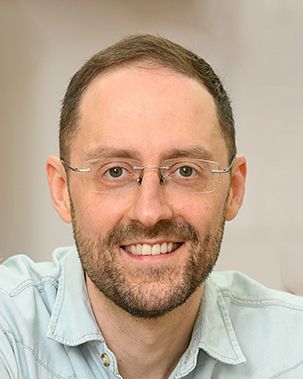Contributions to distributed computer systems and programming languages include: the development of the field of concurrent logic programming and the language Concurrent Prolog; the development of early applications to the nascent Internet, including an architecture that enabled the first Internet social networking and metaverse application (Virtual Places); and, more recently, foundational work on equality and sovereignty in the digital realm and the development of the concept, theory, and applications of grassroots distributed systems that support them.
Weizmann researchers are also developing new technologies to extract and process signals and information more efficiently across a wide range of tasks, including medical imaging, radar, communication, scientific and optical imaging, healthcare, and biological inference. The new acquisition systems and algorithms rely on signal and information processing and model-based methods for AI that aid in obtaining increased information using minimal resources. These developments pave the way to new technologies such as wireless ultrasound, compact portable devices with better imaging quality, fast and quantitative MRI, efficient wideband sensing, high-resolution radar, efficient communication systems, joint radar and communication systems for automotive and IoT applications, super-resolution microscopy and ultrasound, model-based efficient and interpretable deep networks for medical imaging, communication systems, radar-based medical imaging and sensing, and more.
Contributions to the specification, modeling and development of complex systems include: the visual formalism of Statecharts in the 1980s, which enabled engineers, for the first time, to specify intricate behavior in a way that is both readily understandable by humans and executable by computers, and covers difficult concepts like parallelism and interdependencies; scenario-based programming, which facilitates automatic composition of complex executable models from stand-alone scenarios and rules; application of the above to building research models of biological processes and systems; foundational results in logics of programs, including temporal and dynamic logic; and methodologies and interactive tools in teaching computer science and computational/algorithmic thinking skills.
The ongoing research on methods and tools for development and analysis of complex systems highlights the challenge presented by natural phenomena that have so far defied attempts to associate them with concise/succinct rules. Weizmann scientists have thus embarked on research in, and contributed to, odor description and communication, interpretation of prosody (the music of speech) motor behavior of humans in art-related activities, and refining and expanding the principles underlying the sustainability and evolution of the biosphere’s rich networks.
Local events and workshops
- Translational AI and Engineering in Health and Communication, December 2022
Research centers
Faculty Members

Yonina Eldar

David Harel

Oded Padon

Ehud Shapiro

